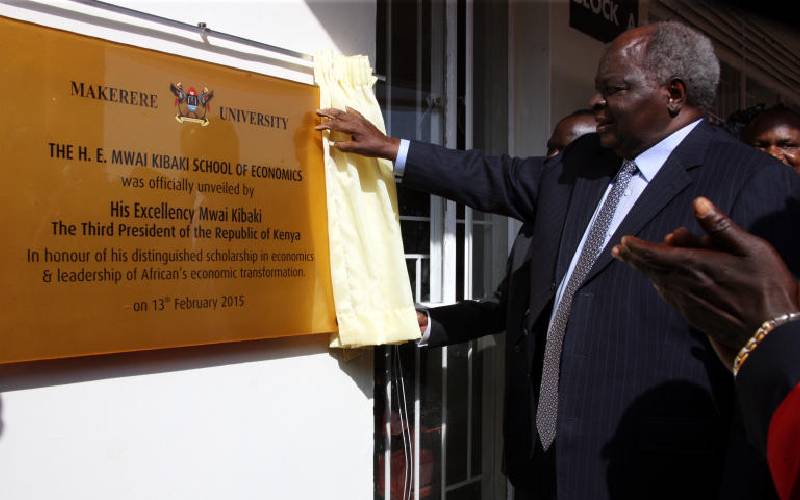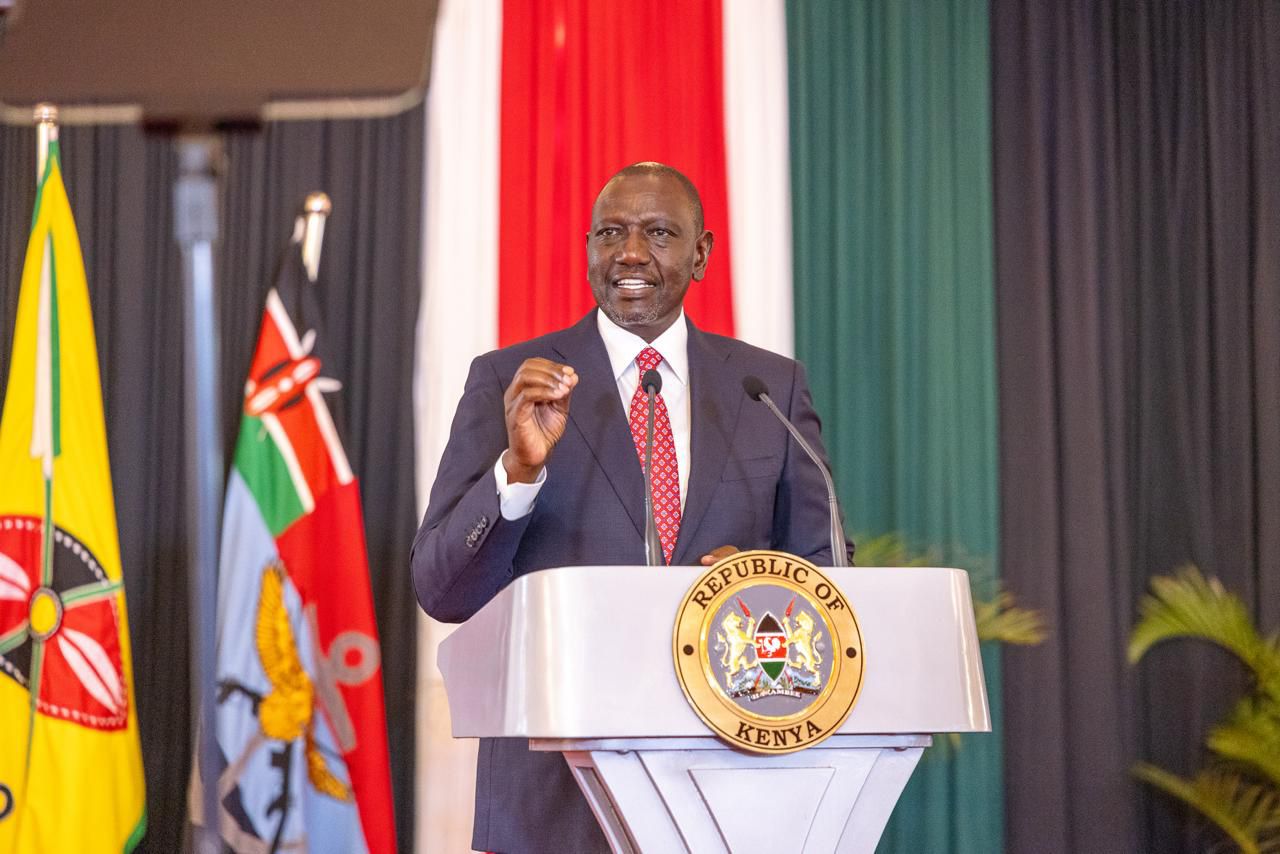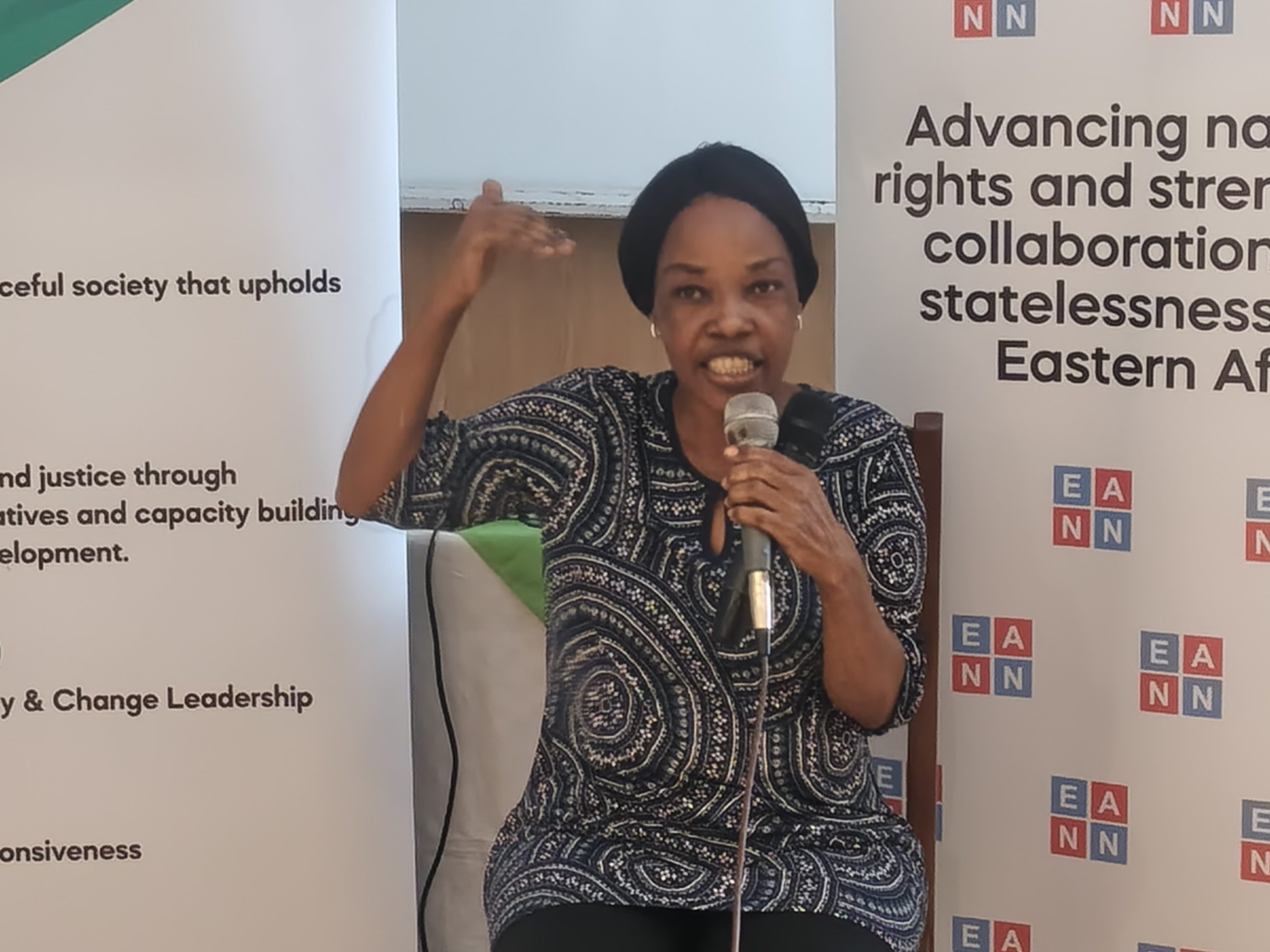By Education News Team
The third president of Kenya H.E Stanley Emilio Mwai Kibaki has died at the age of 90. This has been proclaimed officially by President Uhuru Kenyatta at a press conference he called on Friday, April 22. He passed on Thursday/Friday night.
He has left a long legacy of a wide array of achievements across all sectors of the Kenyan economy, with the spectrum narrowing to the education sector. He fulfilled almost all his election pledges, especially those touching on education.
One of the most iconic of them was the introduction of free primary education immediately he got into power on December 30, 2002. The initiative kicked off in January 2003, where over a million learners were enrolled in various primary and pre-primary schools across the country.
To achieve this, school uniform was removed from the list of compulsory items, enabling children from poor families to attend school in their home attire. Stationery and books were also given free, a benefit still being enjoyed by children in public schools to date.
Besides, the late former president calmed the then agitated and listless giant teacher Union KNUT, bringing the stability that was much needed within the teaching fraternity. Sooner, the Kenya Union of Post Primary Education Teachers (KUPPET) found its footing, formed to liberalize unionism amongst teachers, having been incepted in 1985. It had tottered but gained traction after Kibaki came to power.
It was under Kibaki’s tenure that private schools proliferated, making education more and more accessible. Many private institutions sprouted, including universities, colleges, and technical and vocational institutes. He built the foundation for the TVET sub-sector in the country, which are now vibrant economies in their own right.
Some of his other landmark infrastructural achievements include the construction of the Thika Super Highway, which has eased transport to Central, Eastern and Northern Eastern parts of Kenya.
The late Kibaki attended Nyeri High and Mang’u High schools, before proceeding to Makerere University in Uganda, where he pursued an Economics Degree. He later joined The London School of Economics and Political Science, subsequently graduating and teaching at the same university before returning to Kenya.
Kibaki ruled the country for ten years from 2002 when he took over from his predecessor, the late President Daniel Arap Moi, to April 9, 2013, when he was succeeded by President Uhuru Kenyatta.
He had previously worked as Vice President for ten years as well, from 1978 to 1988, under late President Daniel Arap Moi. He also served as a Minister of Finance. He was born on November 15, 1931.






